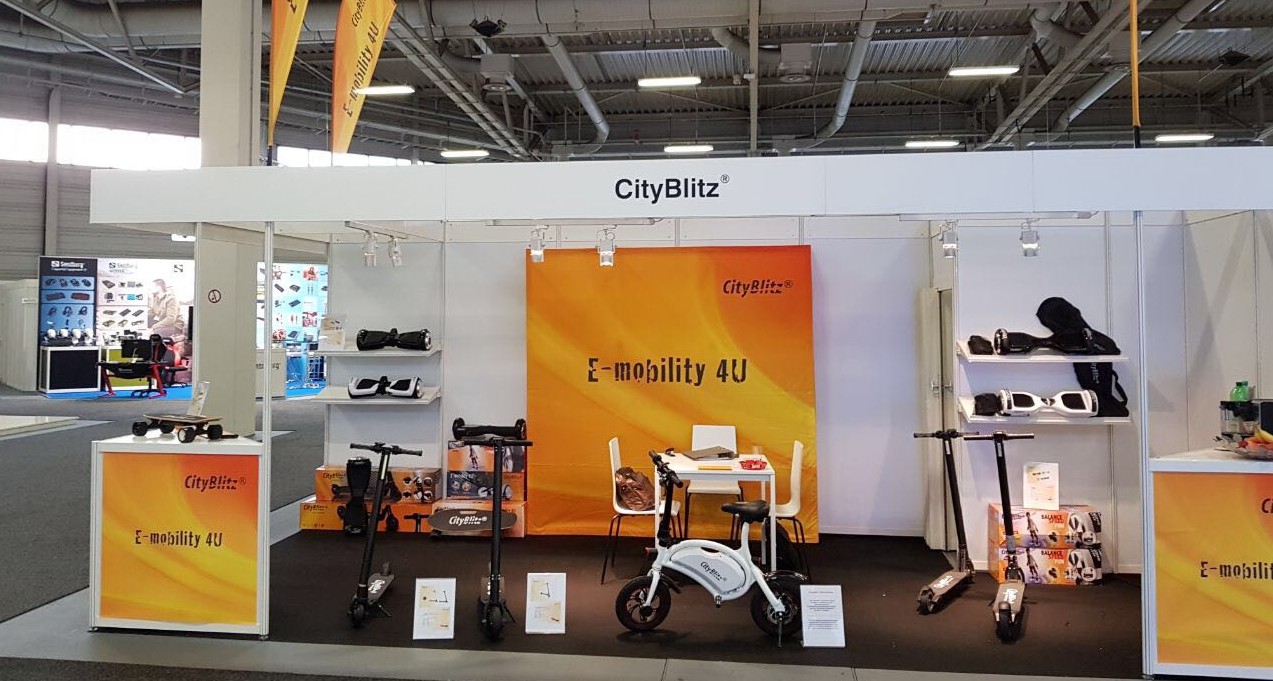Top 10 Best Retail Companies in India 2023

Top 10 Best Retail Companies in India 2023
Retail companies charge customers money in exchange for finished items. According to the U.S. Census Bureau, total monthly commercial sales in the United States were close to $457 billion as of March 2018. Retail items may be sold in-person, online, by mail, or at kiosks. Grocery, drug, department, and convenience stores are examples of retail enterprises. Retail enterprises often include service-related establishments like hair salons and rental facilities.
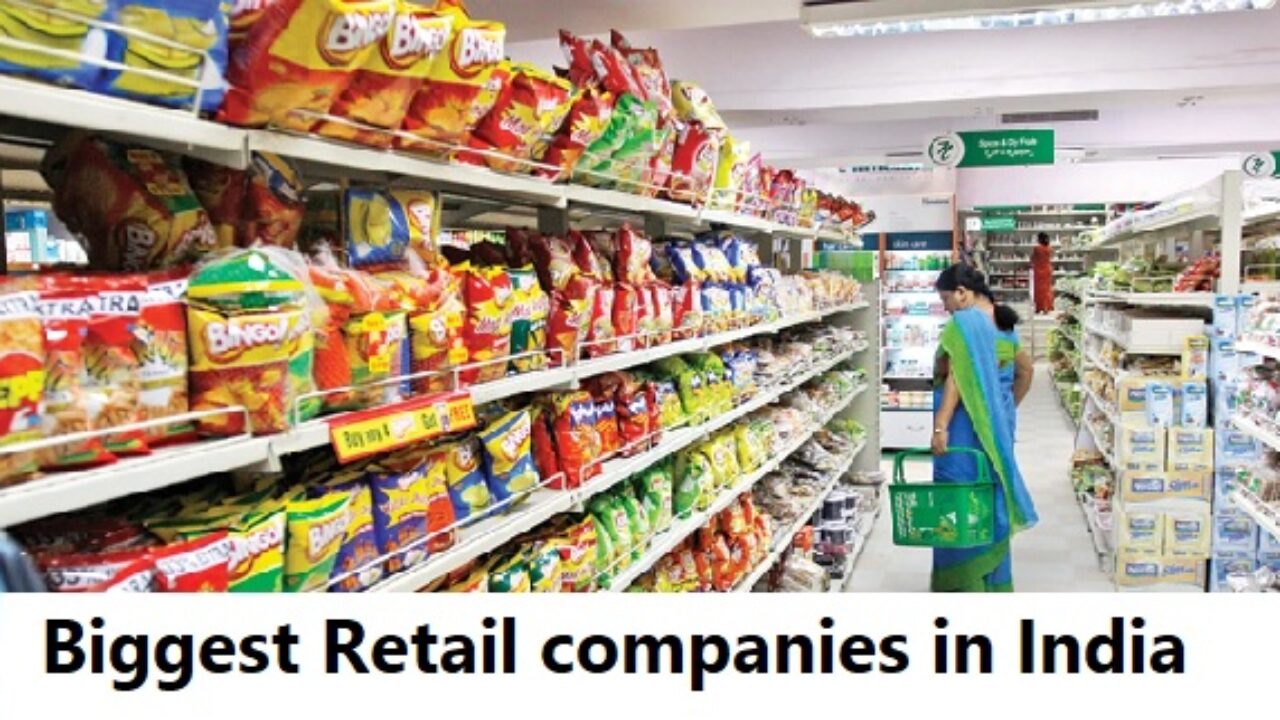
Supermarkets and Grocery Stores
Various food and non-food items, including meat, fruit, cereal, milk, health and beauty products, and cleaning supplies, are sold in grocery stores and supermarkets. The size of a supermarket can range from a small family market to a supermarket, depending on where they are and the local population.
In the United States, consumers spend a total of $55 billion on food each month. In the United States, there were about 40,00 grocery stores as of 2017. Of these, over 69 percent were outlets for convenience stores.
Retailers of general merchandise

Stores and mass salespeople are examples of general merchandise retailers since they provide discounted goods for sale. Typical things sold at available retail stores include toys, sporting goods, apparel, and sporting goods. Clothing items are frequently divided in department shops according to the type of consumers, such as adults, children, or toddlers. As of March 2018, Americans spent an average of $58 billion per month on general items, including warehouse clubs.
Speciality Shops that Market One Sort of Good
A particular sort of product is typically sold in more significant quantities in speciality stores. Retail establishments that sell a book, women’s underwear, bike parts, sporting goods, medicines, coffee, mobile phones, pet supplies, or office supplies are examples of specialized stores. Speciality stores typically operate with lower volumes than most standard retail establishments, which results in more significant costs. As a result, speciality stores’ pricing generally is greater than those of regular retail locations.
Storeless Retailers

Consumers in the U.S. spend around $51 billion each month on things they order online, through catalogs, or by mail. Shops without physical sites, such as mail orders or online businesses, are frequently managed by entrepreneurs and typically employ relatively few people than shops with physical locations. Non-store companies spend much of their revenue on advertising because it is their only strategy for luring customers.
Restaurants and other Dining Facilities
Considering fast food, midscale, casual, and fine dining restaurants, Americans spend slightly over $60 billion a month eating out. The U.S. Census Bureau classifies restaurants as “Dining Services and Drinking Places.” As a result, a part of the $60 billion is spent on alcoholic beverages in dining establishments, bars, and nightclubs, many of which also offer food.
Regular retail categories:

There are many different types of retail, each having advantages and disadvantages. One retail model could be a better fit for a company than another based on the kind of business.
- Independent retailer: A person who starts a business from scratch is an independent retailer. The owner typically handles everything, but he or she may employ help or hire someone additional.
- Existing retail Company: As the name implies, a retail operation that is currently operating is referred to as an existing retail business. Usually, someone acquires ownership and duties of an existing business by purchase or inheritance.
- Franchise: A film series is a pre-existing business plan with a registered name, a pre-determined lineup of goods, and proven business models. A store is permitted to use all of the aforementioned components if they wish to join a franchise. The disadvantage of purchasing a franchise is that frequent guidelines, procedures, and fees must be given to the franchise owner to maintain rights to the franchise
- Dealership: A car dealer is a hybrid of an individual retailer and a franchise. A store that partners with a dealership is authorized to offer a particular brand of goods (there are a variety of brands). There are no charges to the licensor, unlike a franchise.
- Network Marketing: Affiliate marketers, often known as multi-level advertising, is a business strategy where the network’s members are responsible for selling products. On the one side, a person is making a sale, but on the other hand, additional salespeople are being sought out to complete the same transaction.
The top 10 retail businesses by 12-month trailing (TTM) sales are listed below. Only companies that trade publicly in the United States or Canada, directly or via ADRs, are included on this list. The 12-month following data may be longer than it is for businesses that report monthly because some companies outside of the U.S. report profits quasi instead of quarterly.
1. Reliance Retail Limited
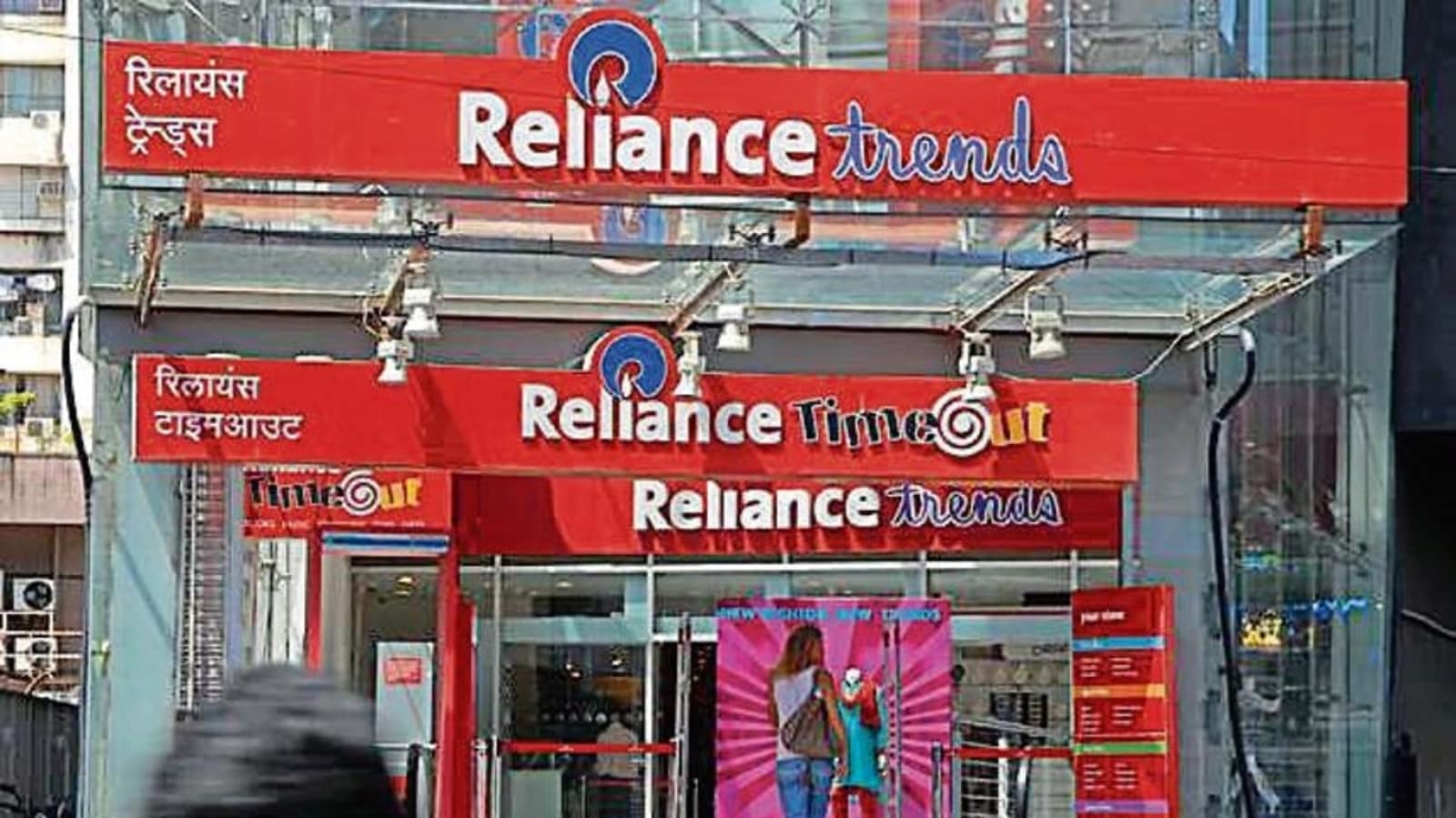
By reach, scope, revenue, profitability, and size of the retail Company, Reliance Retail is India’s largest and most profitable retailer. It enjoys a dominant position in selling food, consumer electronics, and clothing, as well as a well-established presence across crucial consumption baskets. Ten thousand four hundred fifteen stores occupy 22 million square feet of space. Reliance Retail runs the largest chain of stores in the nation. It is the top retail business in India.
Reliance Retail is now rated 94th on Deloitte’s 2019 World Powers of Retailing list after being the first merchant in India to surpass the Rs 1,00,000 crore revenue milestone. Also reaching the 10,000 store mark was Reliance Retail.
The largest retailer in India specializes in selling goods and services in five major consumer groups: fashion and lifestyle, consumer electronics, groceries, petroleum retail, and connectivity.
Revenue: Rs 1,30,566 Cr
Retail outlets: 10,415
Employees: More than 1 Lakh
Three-years sales growth: 20.00 %
Market Capitalization: Rs 3200 Cr.
2. Future Retail Limited
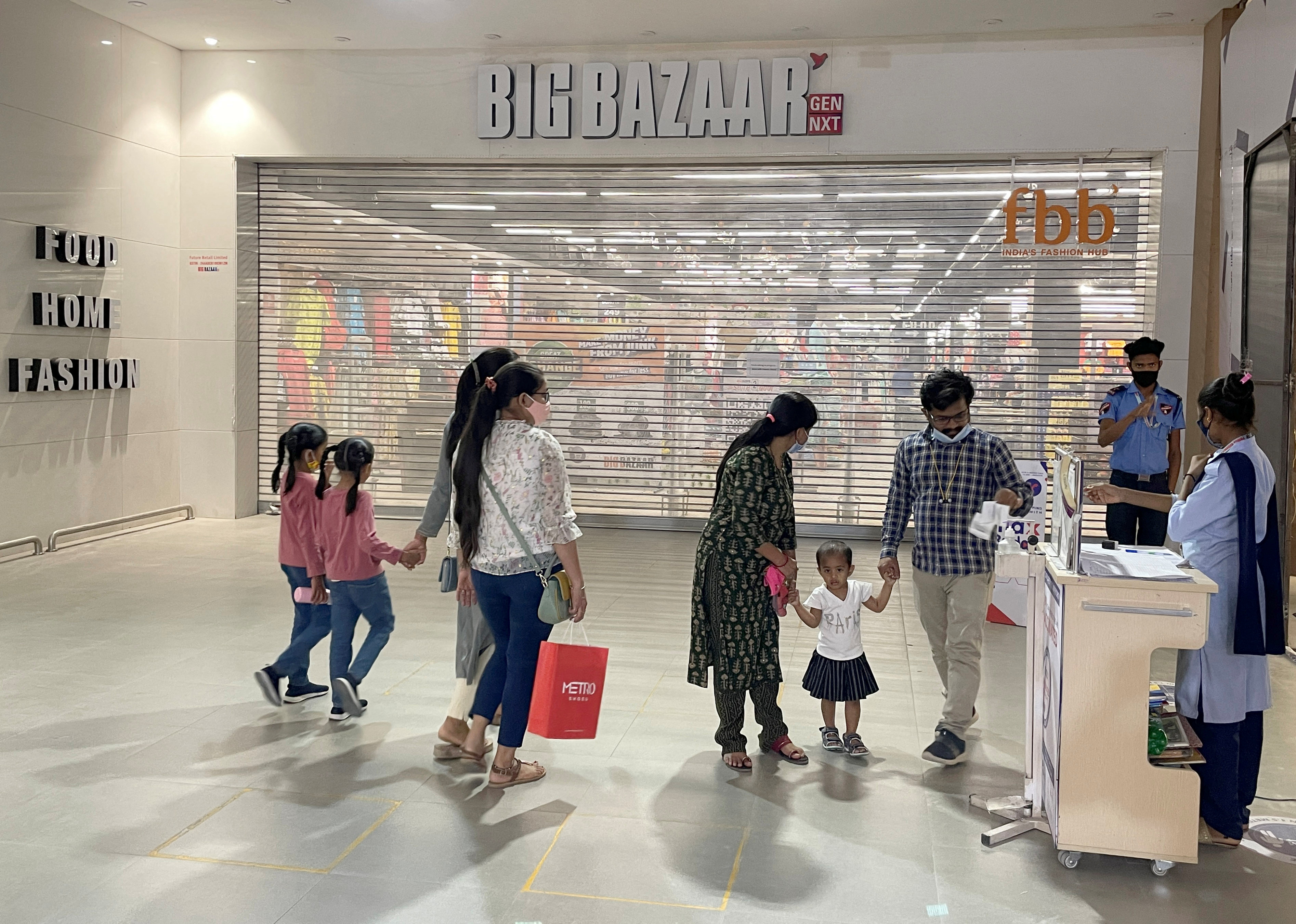
Through digital platforms, more than 2000 locations, and more than 16 million sq ft of retail space, Future Retail, which manages some of India’s most well-known retail chains, serves millions of clients in more than 400 cities across every state of the nation.
After reliance on retail, Future Retail is the third leading retail Company in India. The Company can reach a wide range of customers because of its presence in Big Bazaar hypermarkets and, more recently, Foodhall gourmet shops. It is among the biggest publicly traded retail businesses in India.
Learnings, skill sets, and ideas from Foodhall are making their way into Big Bazaar, from real kitchens and tasting events to ethnic cuisine and the home appliances that go with it, to exotic veggies to a more excellent selection of dairy goods.
Revenue: Rs 22,225 Cr
Retail outlets: 1511
Employees: 45,949
Three-year sales growth: 47.70%
Market Capitalization: Rs 17,847 Cr.
3. Avenue Supermarts Limited
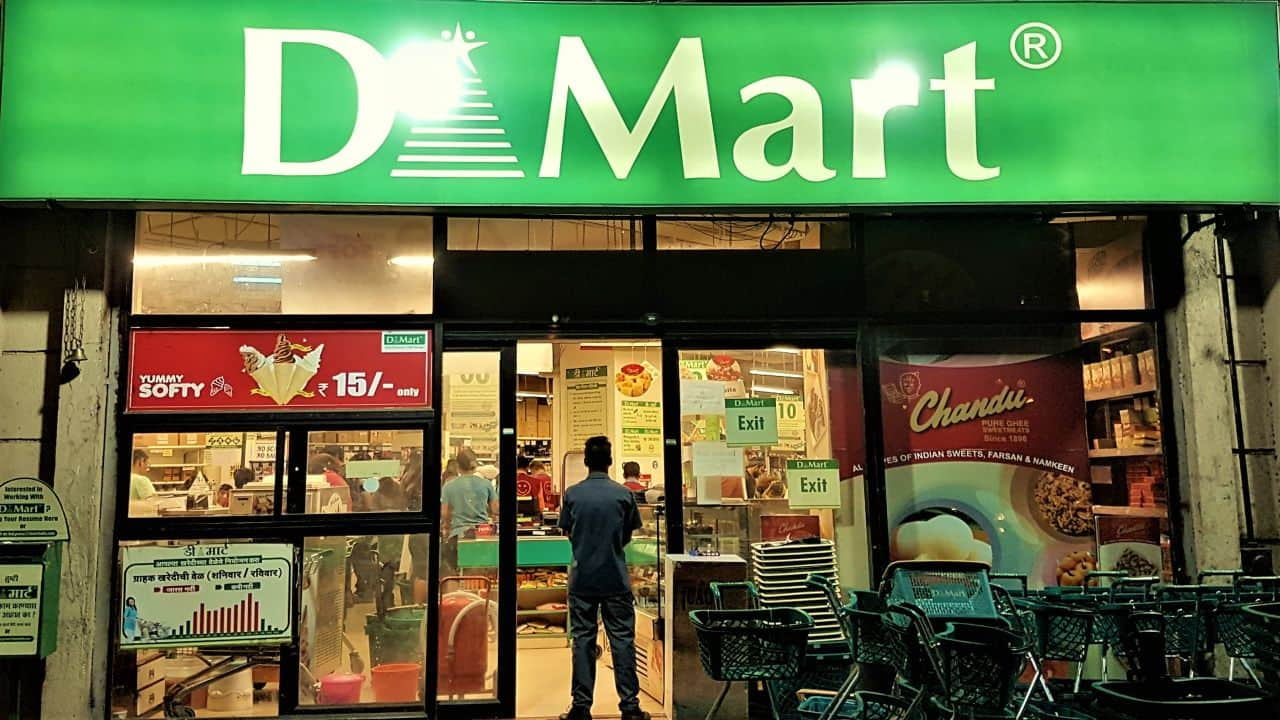
Aiming to provide customers with a broad selection of essential personal and home goods under one roof, DMart is a one-stop grocery business. Every DMart location carries household essentials like food, clothing, linens for the bed and bath, cosmetics, toiletries, and more.
Mr. Radhakishan Damani and his wife founded DMart to meet the expanding demands of the Indian family. Since opening its initial shop in Powai in 2002, DMart has expanded to 188 locations in the states of Gujarat, Andhra, Madhya Pradesh, Kannada, Telangana, Raipur, NCR, Tamil Nadu, Punjab, and Rajasthan.
Avenue Supermarts Ltd. is the DMart supermarket chain owner (ASL) operator. The business’s main office is in Mumbai. ASL is the brand owner of the names D Mart, D Mart Means that managers, D Mart Premia, D Houses, Dutch Harbour, etc.
Revenue: Rs 21.137 Cr
Retail outlets: 176
Employees: 7718
Three-year sales growth: 32.58%
Market capitalization: 144,023 Cr.
4. Aditya Birla Apparel & Retail Ltd.
After the unification of the branded apparel operations of the Aditya Birla Group, which included ABNL’s Madura Fashion business and ABNL’s subsidiaries Pantaloons Clothing and Retail (PFRL) and Madura Fabric & Lifestyle (MFL), in May 2015, Aditya Birla Fashion and Retailing Ltd. (ABFRL) was created. PDF was named Aditya Birla Apparel and Retail Ltd, following the consolidation.
With combined revenue of INR 8,118 crores for F.Y. 2019 and EBITDA of INR 619 crore for F.Y. 2019, ABFRL is India’s No. 1 Fashion Lifestyle business. The most prominent fashion retail company in India is Birla Fashion.
With 2,700+ ABFRL brand stores, 7.5 million square feet of retail space spread throughout 750+ cities and towns, and 30 million loyalty users as of March 31, 2019, ABFRL is home to India’s most prominent fashion network.
Revenue: Rs 8,270 Cr
Retail outlets: 2714
Employees: 2714+
Three-year sales growth: 10.39%
Market Capitalization: Rs 19,737 Cr.
5. Shoppers Stop

Shoppers Stop was India’s first major store to open its doors in 1991, and today serves as the industry standard. 210 multi-format stores are dispersed over 39 cities. The Company conducts retail sales through department shops of various consumer and domestic goods. Retail operations, Properties options, and Others are the three business segments the Company runs.
The Company’s retail activities section involves trading clothing and non-clothing commodities, including cosmetics, home goods, food, books, and C.D.s (C.D.s). The gaming industry is part of the Company’s Other sector.
The Company offers a variety of domestic and foreign brands across many categories, including clothing, accessories, cosmetics, fragrances, home goods, and others.
Revenue: $3,487 billion
Retail outlets: 210
Employees: 7,416
Three-years sales growth:8.0%
Market Capitalization: Rs 530 Cr
6. Trend Limited
Trend Ltd, a company that operates retail stores in India, owns and operates several retail chains there. The business also owns the hypermarket Star Bazaar, the books and music chain Landmark, the lifestyle chain Westside, and the full-service family fashion store Fashion Yatra.
Along with furniture, antiquities, and a variety of home items, Westside offers clothing, footwear, and cosmetics for men, women, and children. The hypermarkets, known as Star Bazaar, sell various goods, including dairy, non-vegetarian, health and beauty aids, beverages, vegetables, fruits, and staple foods.
Landmark sells goods in the book and music categories. This chain carries about 100,000 different book and music titles, in addition to movies, toys, Christmas gifts, and stationery. Customers looking for affordable apparel can get it at Fashion Yatra stores in cities all over India.
Revenue: $2,708 billion
Retail outlets: 264
Employees: 8009
Three-year sales growth: 19.39%
Market capitalization: 21,124 Cr.
7. V-mart Retail Limited

Incorporated in 2002 as Varin Commercial Private Limited, V-Mart Retail Limited (VMRL) is a retailer. By opening the first-ever retail outlet in Gujarat in 2003, the Company began its activities in the retail valuation market.
It was renamed V Mart Wholesale Pvt. Ltd in 2006 and the constitution was revised to establish the Company as a public limited company in 2008. The current name of the Company was added in 2008. It belongs to India’s list of publicly traded retailers.
As of March 31st, VMRL operated 69 stores throughout 51 towns in 10 states and union territories, with a total store size of 5.58 lakh square feet. Each store has a leasing arrangement with two additional retailers, with whom they are required by a condition to share revenue. VMRL has used no franchises to operate any of its outlets.
The nation’s Northern, Eastern, and Western regions are where most of VMRL’s operations are concentrated. The Company conducts business in several significant states, including New Delhi, Haryana, Madhya, Uttar Pradesh, Patna, Punjab, and Jaipur.
Promoters 58.83% of the Company’s shares are held by the supporters of VMRL. The Company’s 15.7% owner and current CMD, Mr. Lalit Agarwal, has more than 16 years of expertise in the retail sector.
Revenue: Rs. 1,674 Cr.
Retail outlets: 200
Employees: 1760
Three-year sales growth: 21.50%
Market capitalization: Rs. 4,332 Cr.
8. Infiniti Retail Ltd.

Infiniti Retail Ltd., a 100% part of TATA Sons, manages Croma, which today has a customer base of over 6 million people. The first gyro electronics retailer, Croma, is India’s most prominent big format electronics retailer and also unites the three customer touch-points of a Croma store, an online electronics store. A fully featured mobile app., 20 cities make up the chain of 97 Croma outlets owned by Croma.
Its Android and iOS mobile apps also tout an incredibly convenient shopping experience where customers can order their preferred products online and have them delivered to more than 5000 pin codes around the nation.
Revenue: Rs 102 Crores
Retail outlets: 220
Employees: 5000
Three-year growth sales: 19.00%
Market Capitalization: Rs 6400 Cr.
9. Spencer’s Retail Limited
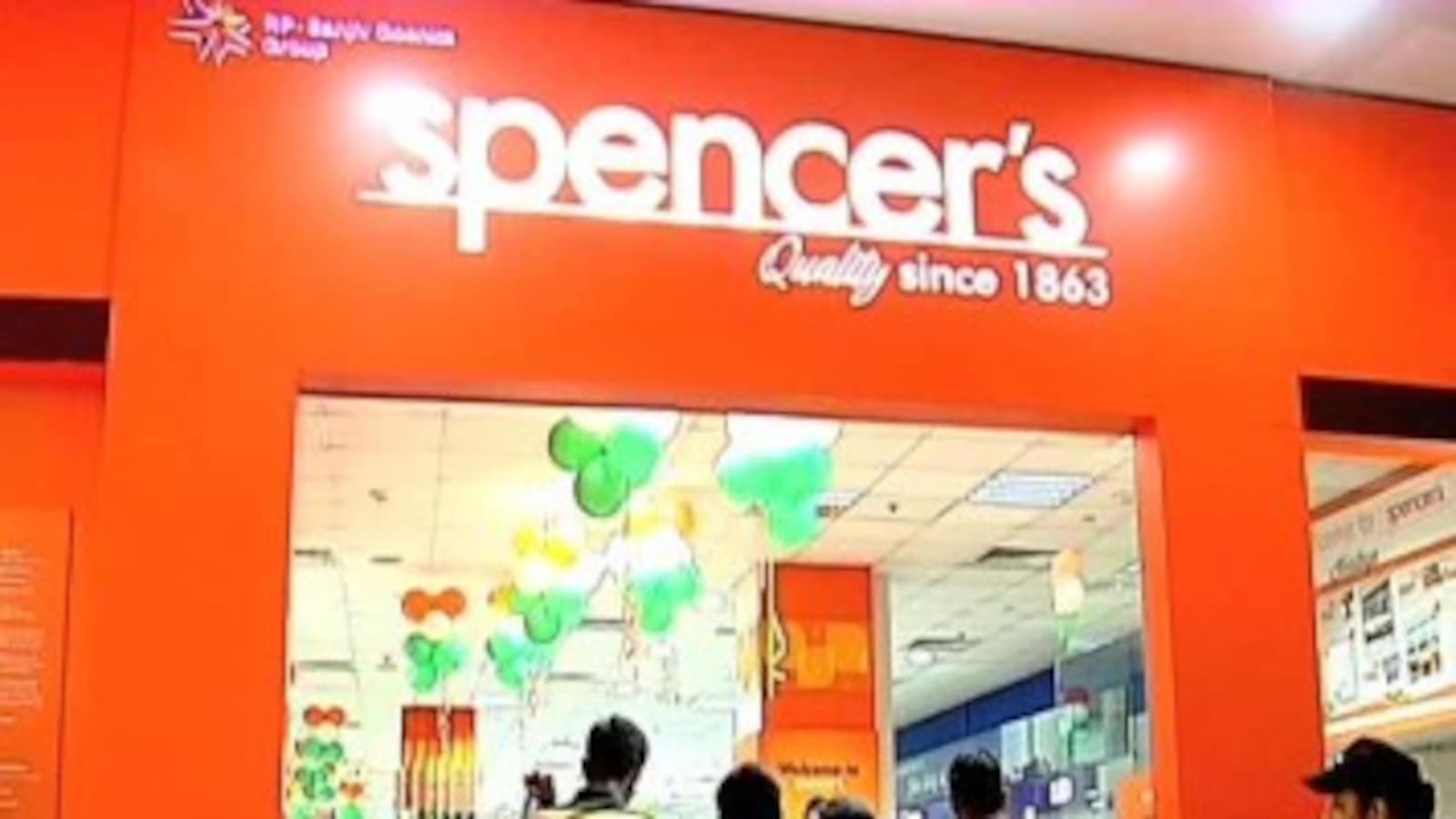
A multi-format store, Spencer’s Retail Limited is an R.P. Sanjiv Goenka Group member. It offers its target customers a wide selection of high-quality products in categories like food, care products, fashion, household supplies, electrical, and electronics. Some of the significant differentiators in our supermarket locations include specialty areas like Spencer’s Gourmet, Patisserie, Wine & Liquor, and the recently added Epicuisine section.
The idea of organized retailing was first presented to the Indian consumer by Spencer’s, one of the country’s first retailers. In 2000, Spencer’s opened the country’s first hypermarket in Hyderabad. Spencer’s operates 120 locations, including 37 Hyper shops in over 35 Indian cities.
Spencer’s tagline, “Makes Fine Living Affordable,” encapsulates its idea of providing customers with the most significant goods and services that allow an acceptable lifestyle at affordable costs and a welcoming, courteous, and instructive retail environment.
Spencer’s has continuously contributed to changing the retail environment in India by bringing a variety of innovations to make consumers’ shopping experiences even more straightforward and more enjoyable.
Revenue: Rs 2481.47 Cr
Retail outlets: 120
Employees: More than 5000
Three-years growth sales: 21.00%
Market Capitalization: Rs 6.83 Cr
10. Intrasoft Technologies Ltd.

Since its beginning, IntraSoft Technologies Ltd has been involved in the e-commerce industry. Our roots come from our passion for the internet. We think that the influence of the internet and technologies can empower individuals and, in turn, society. Each step along the way, we instill and exemplify this idea.
The potential for the internet to provide economic opportunities is boundless, according to IntraSoft Technologies. This is not always around one big breakthrough, but relatively small advances made every day, every week, and every month in an effort to improve things slightly. And we firmly carry out that every day.
In today’s information society, it is crucial to ensure that a “wow” experience is provided at every point of client encounter. We have worked hard to put our clients first and are proud to have earned the hearts of thousands of people by giving them a distinctive online experience.
Back-end IT-enabled services are what IntraSoft Technologies Limited does for its affiliated businesses. In the 2015 Top 500 Internet Retailer Guide, our e-commerce business, which focuses on the U.S. Online Retail industry, was listed as the 392nd biggest Online Retailer in the USA and the 13th quickest increasing Internet Retailer.

The internet offers about 200,000 products from more than 1,300 brands. Customers have direct access to a wide range of products through the E-Commerce Portal, which also provides exceptional customer care, the convenience of quick delivery, and low, affordable costs. In an arrangement akin to a shop-in-shop, we have partnerships with websites like Amazon.com, eBay.com, and others to sell our products to their customers.
Revenue: Rs. 619.48 Cr.
Retail outlets: 262
Employees: 229
Three-years growth sales: 34.00%
Market Capitalization: Rs. 2.23 Cr.
Benefits of running a retail business
The most direct type of business between a retailer and a customer is retail. The ability to interact face-to-face is provided via retailing. Retail establishments are where customers buy the items they require. But since we live in a technologically advanced age, individuals increasingly use it to make purchases.
There are several benefits to running a retail business, including:
- Customers’ empathy
It is advantageous to both buyers and sellers in retail sales. In contrast to internet retailers, retail establishments provide an environment where a consumer can view what they are purchasing. The buyer leaves with their products right away after receiving instantaneous gratification. The staff likewise plays a vital role in fostering client loyalty in the retail industry by encouraging frequent customer returns. From a business perspective, brick-and-mortar stores give you access to a consumer base that the online market could exclude.
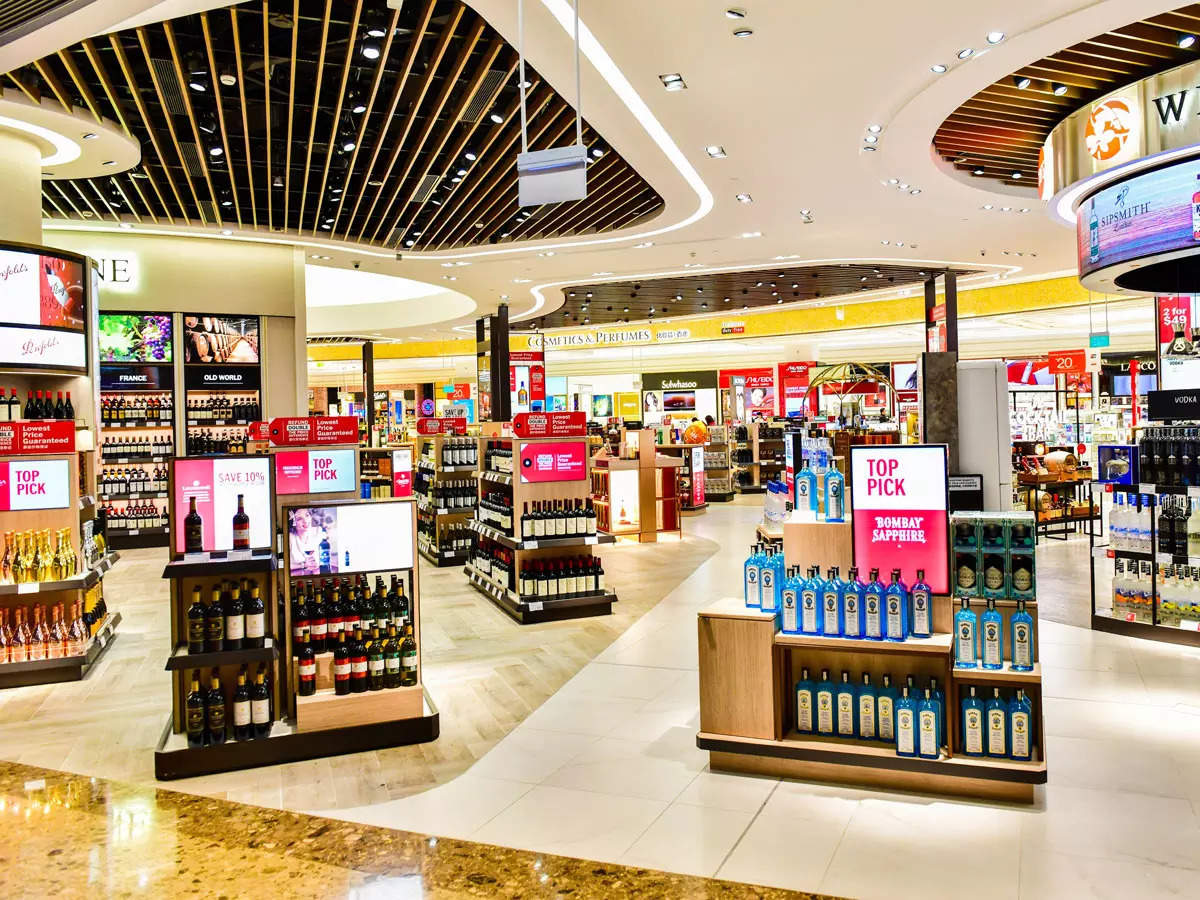
- More supply alternatives
Because not all products are offered at wholesale prices under one roof, retail sales give you more supply possibilities. As a vendor, the person can advertise the products as he sees fit and responds to buyers immediately.
- More commercial opportunities
Through retail sales, you can sell a wide range of items and let your customers know about ones they’re unaware of. For instance, a customer can go into the store and look for a sure thing but buy more items. Increasing company chances and sales potential is made possible by consolidating a number of products in one area.
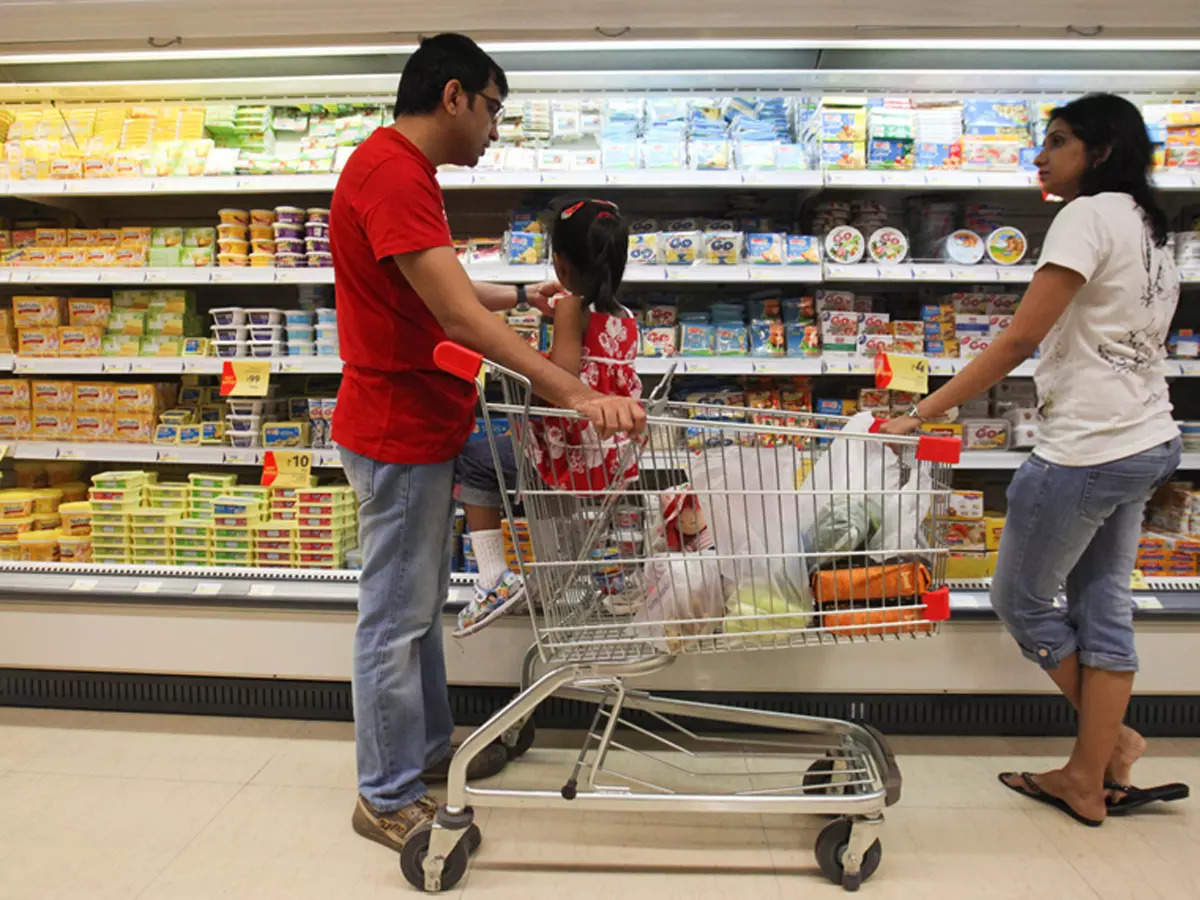
- Less Complexity
The retail establishments cover the expense of shipping. Complexities like lost goods, client complaints, and complex online sales processes are less common in the retail industry.
Edited by Prakriti Arora

